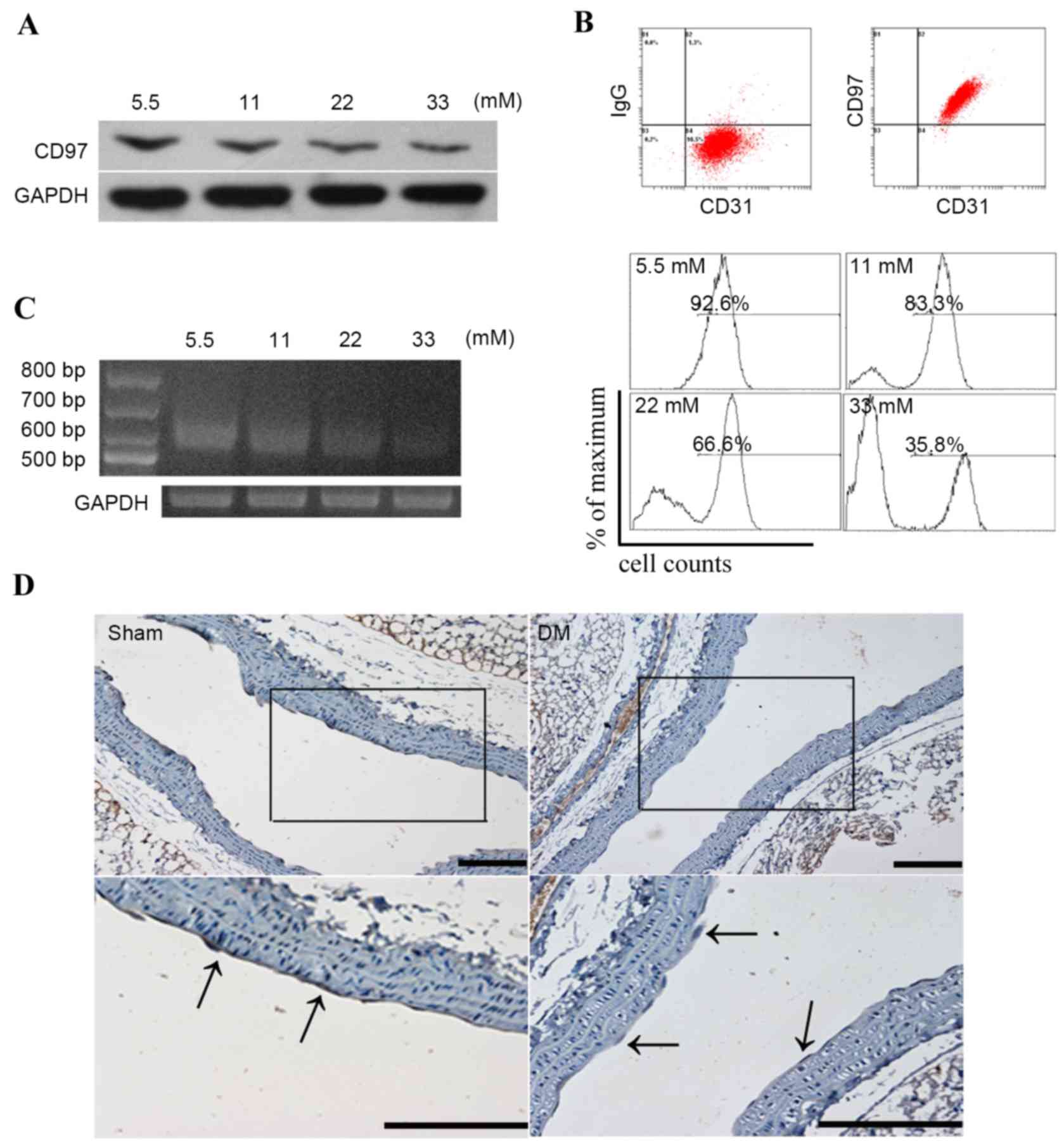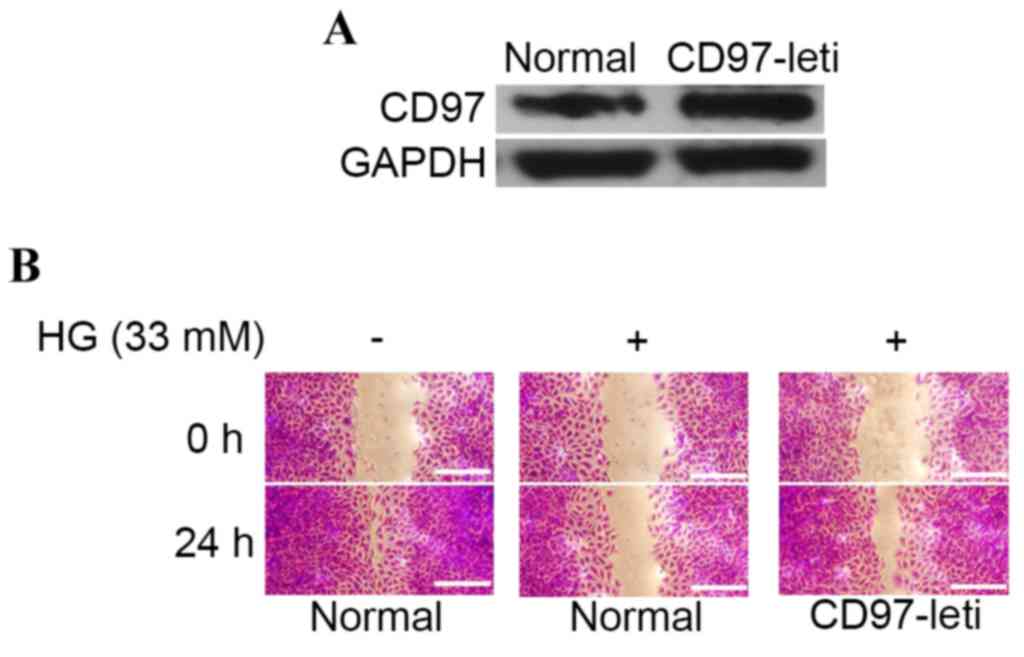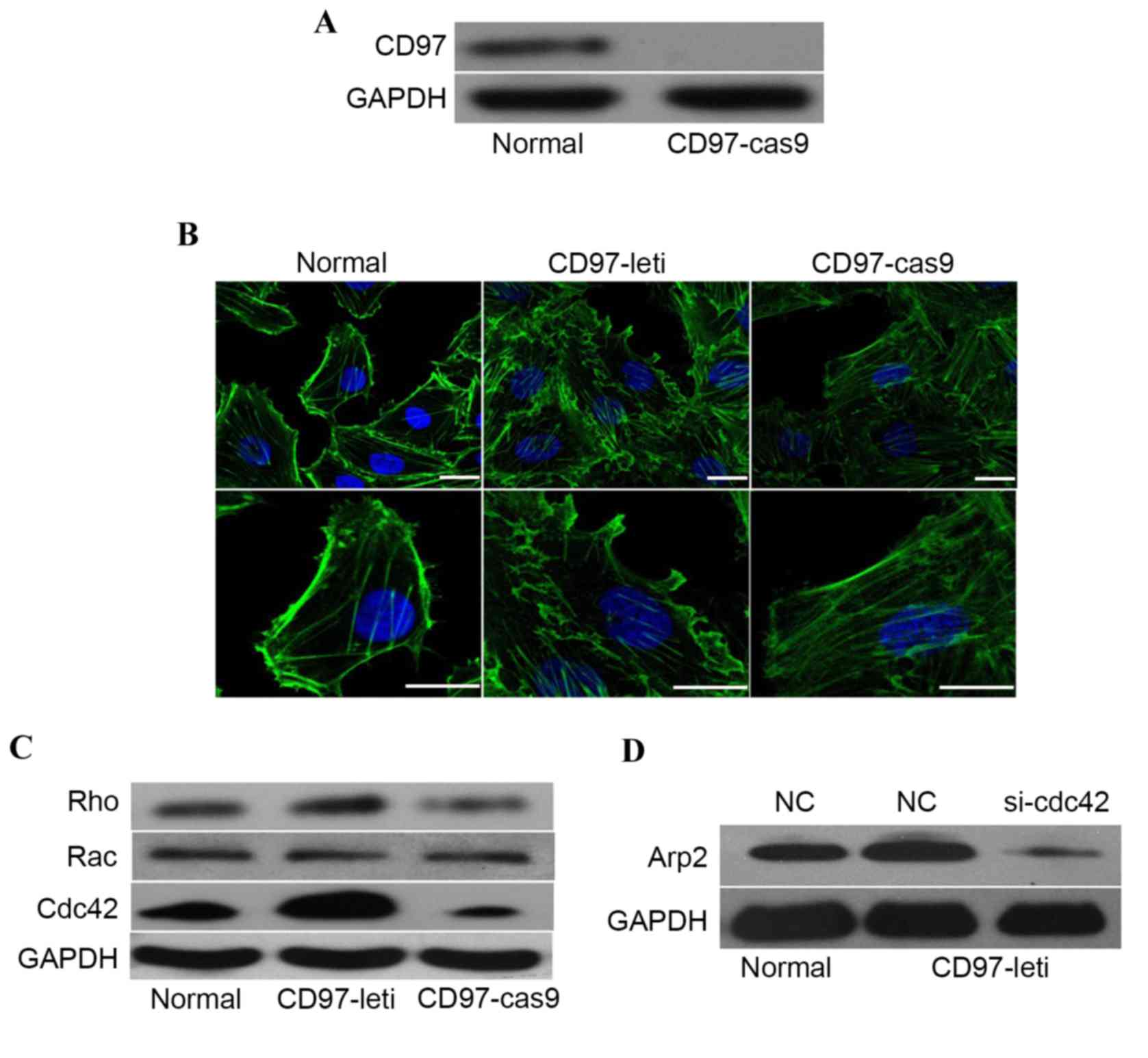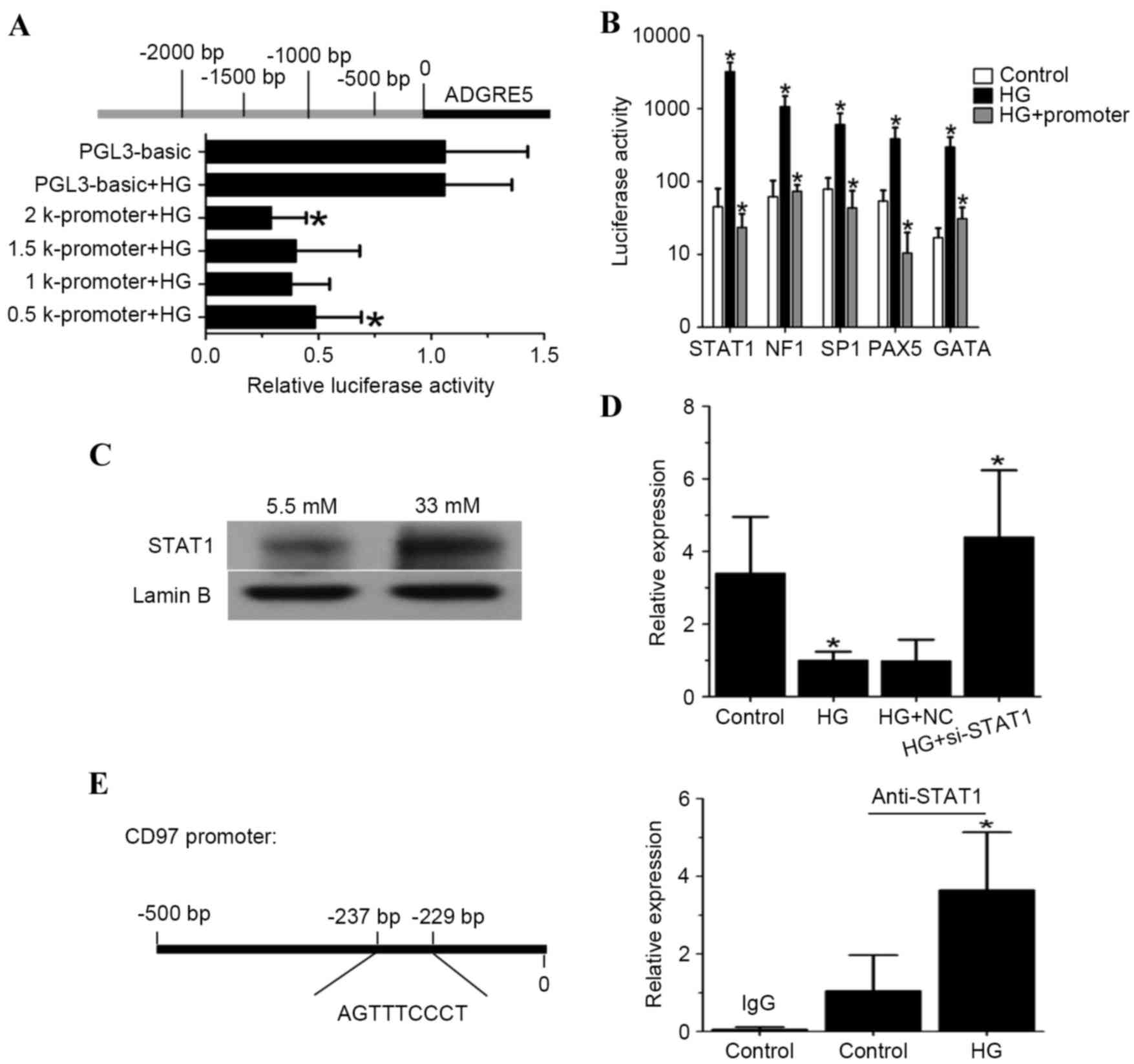|
1
|
Creager MA, Lüscher TF, Cosentino F and
Beckman JA: Diabetes and vascular disease: Pathophysiology,
clinical consequences, and medical therapy: Part I. Circulation.
108:1527–1532. 2003. View Article : Google Scholar : PubMed/NCBI
|
|
2
|
Antonetti DA, Barber AJ, Khin S, Lieth E,
Tarbell JM and Gardner TW: Vascular permeability in experimental
diabetes is associated with reduced endothelial occludin content:
Vascular endothelial growth factor decreases occludin in retinal
endothelial cells. Penn State Retina Research Group, Diabetes.
47:1953–1959. 1998.
|
|
3
|
Campanini M, Airoldi G, Cusinato S,
Ballarè M and Monteverde A: Arterial blood pressure as a factor in
endothelial permeability. J Hypertens Suppl. 9:S200–S201. 1991.
View Article : Google Scholar : PubMed/NCBI
|
|
4
|
Bassenge E: Clinical relevance of
endothelium-derived relaxing factor (EDRF). Br J Clin Pharmacol.
34:(Suppl 1). S37–S42. 1992. View Article : Google Scholar
|
|
5
|
Cohen RA: The role of nitric oxide and
other endothelium-derived vasoactive substances in vascular
disease. Prog Cardiovasc Dis. 38:105–128. 1995. View Article : Google Scholar : PubMed/NCBI
|
|
6
|
De Meyer GR and Herman AG: Vascular
endothelial dysfunction. Prog Cardiovasc Dis. 39:325–342. 1997.
View Article : Google Scholar : PubMed/NCBI
|
|
7
|
Kario K, Matsuo T, Kobayashi H, Matsuo M,
Sakata T and Miyata T: Activation of tissue factor-induced
coagulation and endothelial cell dysfunction in
non-insulin-dependent diabetic patients with microalbuminuria.
Arterioscler Thromb Vasc Biol. 15:1114–1120. 1995. View Article : Google Scholar : PubMed/NCBI
|
|
8
|
Hamuro M, Polan J, Natarajan M and Mohan
S: High glucose induced nuclear factor kappa B mediated inhibition
of endothelial cell migration. Atherosclerosis. 162:277–287. 2002.
View Article : Google Scholar : PubMed/NCBI
|
|
9
|
Wang T, Ward Y, Tian L, Lake R, Guedez L,
Stetler-Stevenson WG and Kelly K: CD97, an adhesion receptor on
inflammatory cells, stimulates angiogenesis through binding
integrin counterreceptors on endothelial cells. Blood.
105:2836–2844. 2005. View Article : Google Scholar : PubMed/NCBI
|
|
10
|
Hamann J, Hartmann E and van Lier RA:
Structure of the human CD97 gene: Exon shuffling has generated a
new type of seven-span transmembrane molecule related to the
secretin receptor superfamily. Genomics. 32:144–147. 1996.
View Article : Google Scholar : PubMed/NCBI
|
|
11
|
Kwakkenbos MJ, Kop EN, Stacey M, Matmati
M, Gordon S, Lin HH and Hamann J: The EGF-TM7 family: A postgenomic
view. Immunogenetics. 55:655–666. 2004. View Article : Google Scholar : PubMed/NCBI
|
|
12
|
Leemans JC, te Velde AA, Florquin S,
Bennink RJ, de Bruin K, van Lier RA, van der Poll T and Hamann J:
The epidermal growth factor-seven transmembrane (EGF-TM7) receptor
CD97 is required for neutrophil migration and host defense. J
Immunol. 172:1125–1131. 2004. View Article : Google Scholar : PubMed/NCBI
|
|
13
|
McKnight AJ and Gordon S: EGF-TM7: A novel
subfamily of seven-transmembrane-region leukocyte cell-surface
molecules. Immunol Today. 17:283–287. 1996. View Article : Google Scholar : PubMed/NCBI
|
|
14
|
Aust G, Eichler W, Laue S, Lehmann I,
Heldin NE, Lotz O, Scherbaum WA, Dralle H and Hoang-Vu C: CD97: A
dedifferentiation marker in human thyroid carcinomas. Cancer Res.
57:1798–1806. 1997.PubMed/NCBI
|
|
15
|
Eichler W, Aust G and Hamann D:
Characterization of an early activation-dependent antigen on
lymphocytes defined by the monoclonal antibody BL-Ac (F2). Scand J
Immunol. 39:111–115. 1994. View Article : Google Scholar : PubMed/NCBI
|
|
16
|
Hamann J, Eichler W, Hamann D, Kerstens
HM, Poddighe PJ, Hoovers JM, Hartmann E, Strauss M and van Lier RA:
Expression cloning and chromosomal mapping of the leukocyte
activation antigen CD97, a new seven-span transmembrane molecule of
the secretion receptor superfamily with an unusual extracellular
domain. J Immunol. 155:1942–1950. 1995.PubMed/NCBI
|
|
17
|
Jaspars LH, Vos W, Aust G, Van Lier RA and
Hamann J: Tissue distribution of the human CD97 EGF-TM7 receptor.
Tissue Antigens. 57:325–331. 2001. View Article : Google Scholar : PubMed/NCBI
|
|
18
|
Steinert M, Wobus M, Boltze C, Schütz A,
Wahlbuhl M, Hamann J and Aust G: Expression and regulation of CD97
in colorectal carcinoma cell lines and tumor tissues. Am J Pathol.
161:1657–1667. 2002. View Article : Google Scholar : PubMed/NCBI
|
|
19
|
Ward Y, Lake R, Yin JJ, Heger CD, Raffeld
M, Goldsmith PK, Merino M and Kelly K: LPA receptor heterodimerizes
with CD97 to amplify LPA-initiated RHO-dependent signaling and
invasion in prostate cancer cells. Cancer Res. 71:7301–7311. 2011.
View Article : Google Scholar : PubMed/NCBI
|
|
20
|
Livak KJ and Schmittgen TD: Analysis of
relative gene expression data using real-time quantitative PCR and
the 2(−Delta Delta C(T)) method. Methods. 25:402–408. 2001.
View Article : Google Scholar : PubMed/NCBI
|
|
21
|
Ran FA, Hsu PD, Wright J, Agarwala V,
Scott DA and Zhang F: Genome engineering using the CRISPR-Cas9
system. Nat Protoc. 8:2281–2308. 2013. View Article : Google Scholar : PubMed/NCBI
|
|
22
|
Wójciak-Stothard B, Entwistle A, Garg R
and Ridley AJ: Regulation of TNF-alpha induced reorganization of
the actin cytoskeleton and cell-cell junctions by Rho, Rac, and
Cdc42 in human endothelial cells. J Cell Physiol. 176:150–165.
1998. View Article : Google Scholar : PubMed/NCBI
|
|
23
|
Suraneni P, Rubinstein B, Unruh JR, Durnin
M, Hanein D and Li R: The Arp2/3 complex is required for
lamellipodia extension and directional fibroblast cell migration. J
Cell Biol. 197:239–251. 2012. View Article : Google Scholar : PubMed/NCBI
|
|
24
|
Li P, Grgurevic S, Liu Z, Harris D,
Rozovski U, Calin GA, Keating MJ and Estrov Z: Signal transducer
and activator of transcription-3 induces microRNA-155 expression in
chronic lymphocytic leukemia. PLoS One. 8:e646782013. View Article : Google Scholar : PubMed/NCBI
|
|
25
|
Veninga H, Becker S, Hoek RM, Wobus M,
Wandel E, van der Kaa J, van der Valk M, de Vos AF, Haase H, Owens
B, et al: Analysis of CD97 expression and manipulation: Antibody
treatment but not gene targeting curtails granulocyte migration. J
Immunol. 181:6574–6583. 2008. View Article : Google Scholar : PubMed/NCBI
|
|
26
|
Wobus M, Wandel E, Prohaska S, Findeiss S,
Tschöp K and Aust G: Transcriptional regulation of the human CD97
promoter by Sp1/Sp3 in smooth muscle cells. Gene. 413:67–75. 2008.
View Article : Google Scholar : PubMed/NCBI
|


















